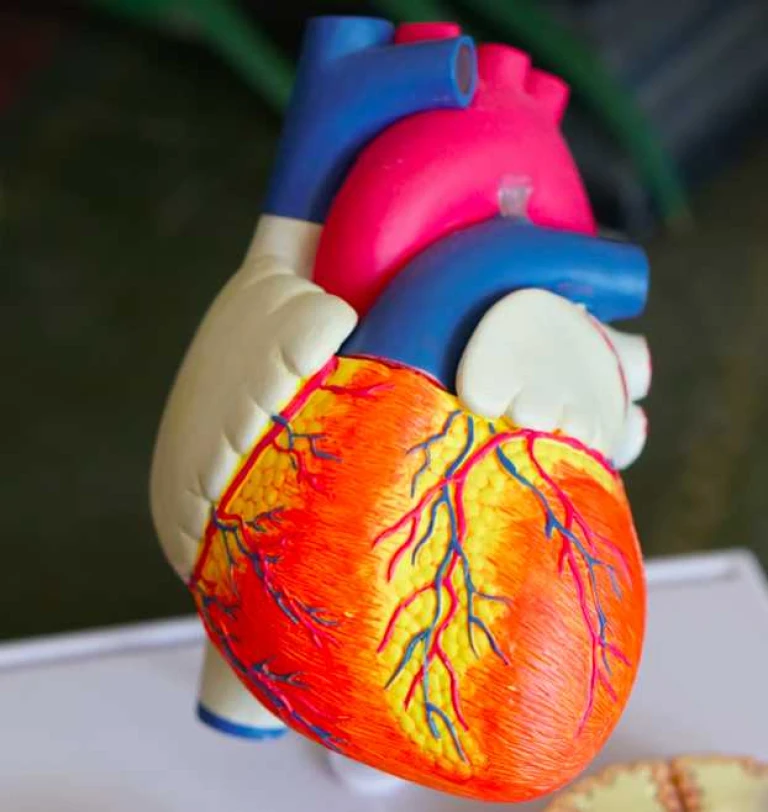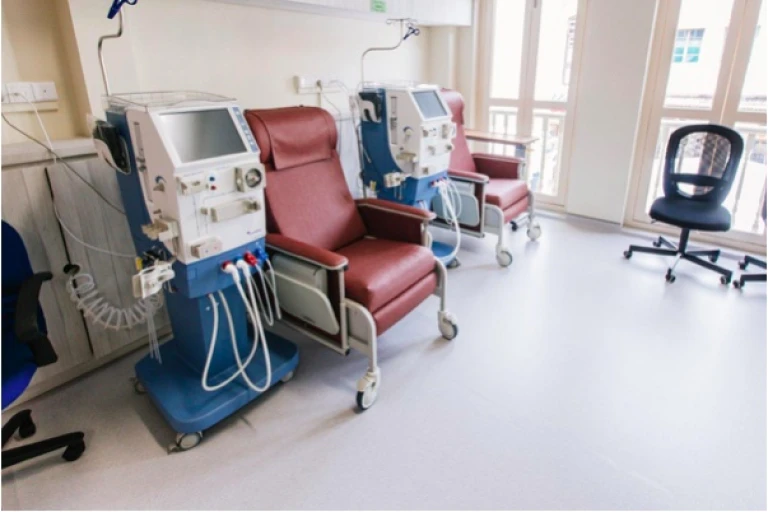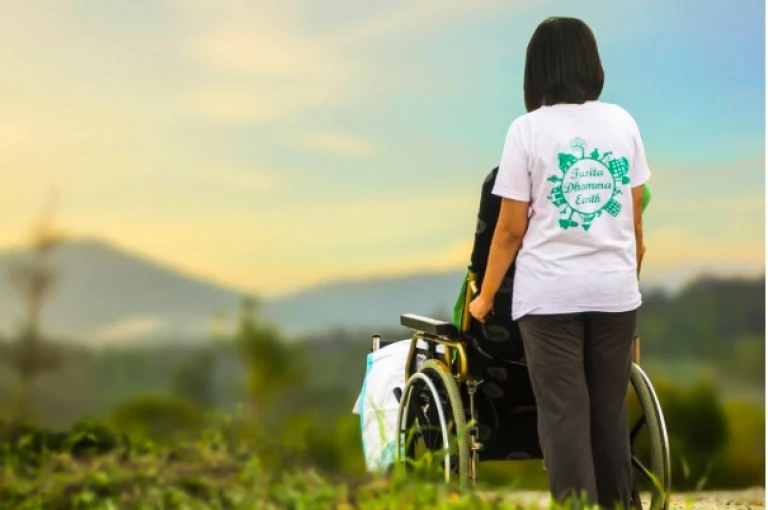Besides mountains, Sabah has so much to offer its visitors from vast clear blue waters to rare native wildlife. You will never be bored when you visit this hidden gem of Malaysia.
Are Muslims Allowed to Donate Organs?

Here are some facts about the current organ donation situation in Singapore. While the pool of prospective organ donors has risen since the Human Organ Transplant Act (HOTA) was legislated in Singapore, the total transplant rate is still low.

There are still more than 400 people waiting for organ transplants (as of end 2018), and some may not live long enough to reach the top of the waiting list. Though all Muslims in Singapore are included in the act, there is still confusion and uncertainty about the Islamic viewpoint on organ donation.
 Image credit: MTFA Dialysis Centre
Image credit: MTFA Dialysis CentreOrgan failure cannot be cured and vital organs, including the kidneys, heart and liver, are required to sustain life simply because their failure can cause death. Patients are known to undergo agonising processes without new organ replacements.
This can lead to other kinds of diseases and problems for the patient and family. For kidney failure, it can be treated temporarily with dialysis. Nevertheless, it is only temporary, and a transplant is the only cure.
Unclear about what our religion has to say on certain matters, many of us frequently err on the side of caution. Similarly, across other spectrums of faith, some may lack the information about organ transplant and donations.
Others doubt institutionalised medicine and there exists a minority which deem organ donation as a desecration of the human body. This school of thought advocates for the fact that the human body, whether living or dead, has a special honour and is inviolable.

As such organ transplants have been discussed comprehensively by Muslim jurists. In the opinion of Islamic scholars, organ donation is permissible. It is consistent with the objectives of Syari’ah that emphasises the preservation of human life. Indeed, donating an organ to someone in need is saving one’s life. It serves as an invaluable contribution to those suffering from organ failure.
Islam emphasises on ta’awun (helping each other), and donating one’s organ will lighten the burden not only on the patient but also the family. It provides a chance and new opportunity for patients to live and helps alleviate any pain and suffering. Furthermore, medical research has shown that organ donation is necessary since there is no other procedure to cure organ failure.
وَمَنْ أَحْيَاهَا فَكَأَنَّمَا أَحْيَا النَّاسَ جَمِيعا
“…and whoever saves one life, then it is as though he has saved the whole of humanity.” Al-Maidah: 32
If the process of transplanting organs is from a deceased, there may be questions and doubts that it may violate the sanctity of the body. However, it is allowed under Islamic law, for the purpose of saving a human life.

Pledging to donate organs is highly encouraged in our religion, which is instilled in the spirit of rahmah (compassion), and reflects our beautiful Islamic beliefs that are humanitarian. Donating one’s organs is considered an act of amal jariyah (continuous charitable deed). The rewards will continue even after death.
Even if his or her organ was never transplanted, may Allah S.W.T reward the good intentions of rahmah and ihsan (to do what is good toward others).
In Singapore, there have been many efforts by different organisations to spread awareness and educate the masses about the need for organ donations. Obtaining donated organs is usually the best hope for these patients.
The community should utilise every effort to support and assist these patients, in a means that is permitted in Islamic law.
Published at
About Author
Amira Rahmat
Subscribe our Newsletter
Get our weekly tips and travel news!
Recommended Articles
10 Hidden Gems of Sabah, Malaysia 10 Muslim Footballers That Will Inspire You And Your Goals HalalZilla consults the great archives of football to handpick our top Muslim players who’ve ever laced a pair of boots in the big leagues – especially those you didn’t know were Muslim!
10 Muslim-Friendly Islands in Indonesia Many travellers have either been to Bali and Lombok, or are planning a trip there – they are the most popular tourist destinations for Muslim and non-Muslim alike. . While these islands are tourist-friendly and especially Muslim-friendly, there are many other islands in Indonesia that are just as beautiful and have lots to offer. Check […]
12 Culture Shocks You’ll Experience During Umrah Welcome to the land of blessings & calmness ~
2019 Emirates FA Cup Final Winners Will Celebrate With Non-Alcoholic Champagne Regardless of the team you support, it’s heartening to know that the winners will be offered non-alcoholic champagne to cater to those who don’t drink.
Latest Articles
10 Most Stunning Camping Spots in Yogyakarta, From Mountain Peaks to Riversides for Muslim Adventurers Level up your adventure!
10 Nature-Themed Cafes in Batu, Malang for A Halal-Friendly and Soul-Soothing Escape Escape to nature!
10 Best Hotels in PIK Jakarta for a Fun Family Staycation: Strategic & Stylish perfect destination for a quick weekend escape or a fun-filled family staycation
No Flight Needed! 9 Jakarta Hotels That Give You Major Bali Vibes Jakartahides some secret "oases" that can make you feel like Bali
17 Stunning Filming Locations of "Can This Love Be Translated?": From Japan to Canada not just the romance that’s stealing the spotlight—it's the breathtaking scenery

